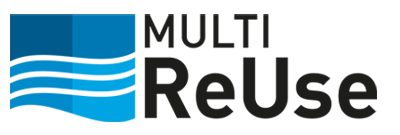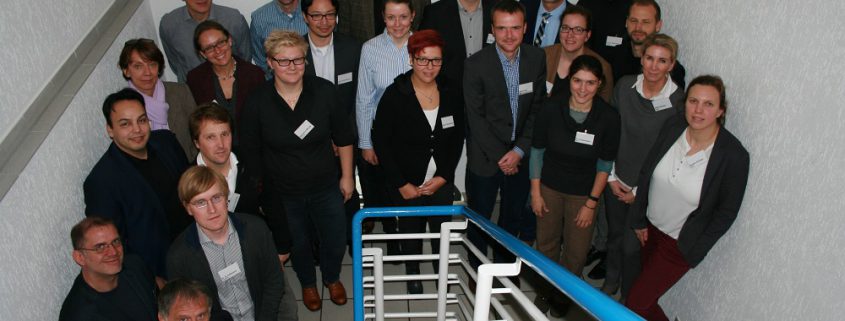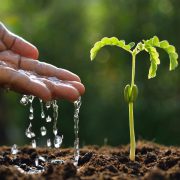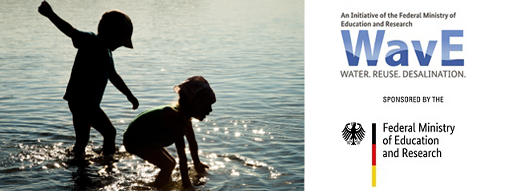Research project MULTI-ReUse started
In September, the BMBF (Federal Ministry of Education and Research) funded research project “MULTI-ReUse: Modular treatment and monitoring for wastewater reuse” has started. Over the course of the next three years, the project will research the possibilities to reuse treated water. During the kickoff meeting in October the project partner already had the opportunity to get to know each other, discuss the first project steps and get an overview of the whole project.
After an additional treatment, regularly treated wastewater has high potential to be used for industrial or agricultural purposes, for groundwater recharge or, outside of Germany, even for the drinking water production. Right now, there are still gaps in the treatment technologies and at the required quality monitoring, though. The already treated wastewater is harmless from an ecological point of view but not necessarily suitable for e.g. the use in industry or agriculture. MULTI-ReUse is going to close this gap and develop new procedures to reliably develop and monitor different kinds of service waters. The main task of the project therefore is the development, demonstration and evaluation of a modular system, to treat conventionally treated waste water in order to be able to offer service water for different purposes.
That is why the waterboard of Oldenburg (Oldenburgisch-Ostfriesische Wasserverband, OOWV) at the location of the waste water treatment plant Nordenham in North Germany works together with the research partners IWW Water Centre, the Biofilm Centre of the University Duisburg-Essen (UDE) and the supplying companies inge GmbH, IAB Ionenaustauscher GmbH Bitterfeld – a 100% LANXESS- subsidiary company – and De.EnCon GmbH. Together they are going to develop flexible process chains for the production of defined water qualities and –quantities. Additionally, innovative process combinations will be tested and new developments in membrane technologies are going to be taken into consideration. Also, fast and reliable monitoring procedures for process- and quality control of hygienic parameters are going to be developed. The practical implementation takes place at the location of the waste water treatment plant Nordenham in North Germany in cooperation with the OOWV. The interface to the industrial and agricultural sector is covered by the partners DECHEMA (Society for Chemical Engineering and Biotechnology) and the Leibniz Centre for Agricultural Landscape Research (ZALF). ISOE – Institute for Social-Ecological Research mainly focuses on the knowledge transfer of the results as well as on the development of a worldwide export strategy for the MULTI-ReUse products and innovations. The project is closing existing gaps to make innovative, German process concepts for water reuse competitive on a global market, because the results of the project also matter on an international scale.
This post is also available in: German







